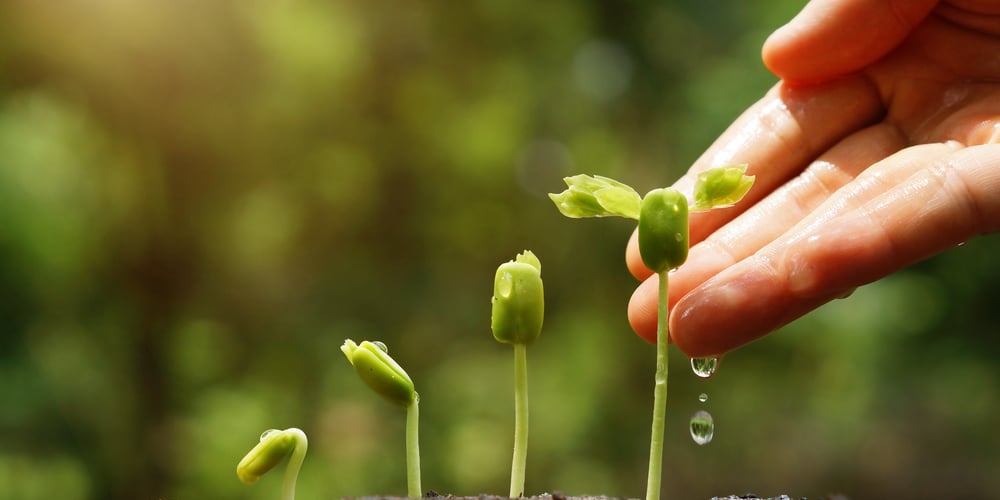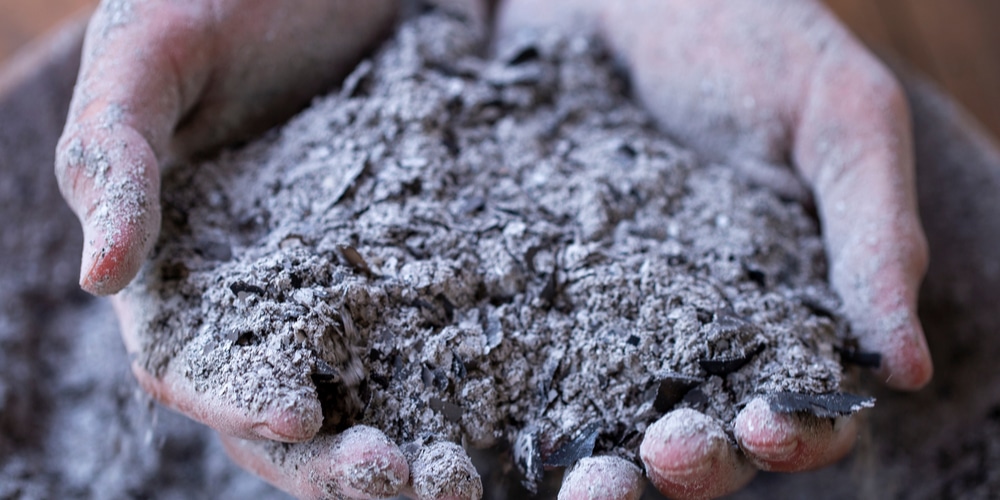Many gardeners add charcoal ashes to their soil to improve the pH levels and attract beneficial microorganisms. Charcoal is very beneficial as it adds nutrients to the ground and can even be used to get rid of some common pests. If you’re looking to improve the quality of your soil, read on. This article will answer the question, ‘is charcoal ash good for plants?’
Is charcoal ash good for plants?
After having a barbeque, you’ll be left with charcoal ash which can be used to benefit your plants in several different ways. Rather than putting charcoal ash in the trash, you can add it to your soil to change the pH range. Charcoal ash is excellent as it adds lime and potassium to the earth.
Lime helps to encourage good bacteria to multiply and helps create the perfect environment for plants to grow. Potassium is very beneficial to plants and will help them to grow stronger; thicker steams as this vital nutrient thickens the cell walls and makes plants more resistant to disease.
Using charcoal ash on your plants
When using charcoal, you should ensure that it’s natural and free from additives and chemicals. You don’t want to be adding toxic chemicals to your soil as this will be detrimental to plant health.
There are various types of charcoal on the market, and they aren’t all suitable for your plants. Charcoal is made by cooking wood in a low oxygen environment which produces black carbon. You can use ash from either a natural charcoal or briquettes on your plants. It’s best to avoid treated charcoal as these contain additives and chemicals. Some charcoals contain lighter fluids to help with cooking; these will poison your plants.
Here are some ways that you can use natural charcoal ash in your yard:
1. Add Charcoal Ash to Compost
Charcoal ashes can be used to add extra nutrients to your compost pile. As ash is carbon, it can help your compost to decompose. Regularly adding charcoal ash to your compost will also feed microorganisms in the compost, which helps turn organic waste into usable compost.
2. Balance Soils pH
If your soil is too acidic, mixing in some charcoal ash is a natural way to change the pH so that plants can grow healthily. Lime in the charcoal will improve the pH of the soil and contains calcium and magnesium, which help make the soil more alkaline.
3. Pest Control
If you have problems with insect infestation, you can add charcoal ash to the topsoil. The ash will pull moisture from the insects’ bodies and works to kill pests. You can also make a liquid fertilizer by mixing charcoal ash with water and spraying it on your plants and the soil.
4. Fertilizer
Charcoal ash contains many beneficial nutrients, including vitamins and minerals, which are essential for plant growth. Sprinkle charcoal ash on your soil and mix it in to add potassium, calcium, and magnesium to the soil.
Best Fertilizer for Bermuda Grass
5. Protects Plants from Frost
Charcoal ash contains mineral salts that help to lower the soil’s freezing point. This means that moisture in the ground will be less likely to freeze and affect your plants. You can also dust the plant’s leaves with charcoal ash to prevent frost damage. In order to avoid that, here’s when to plant a garden.
Conclusion
As you can see, charcoal ash is very beneficial to plant health and can be used in many different ways. It’s an effective fertilizer, helps get rid of pests, and makes a great addition to a compost pile. If you decide to use charcoal ash in your yard, ensure that it’s natural and doesn’t contain any chemicals, additives, or lighter fuel, as these will affect your plants and may even kill them.

